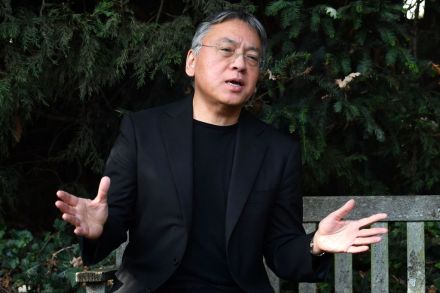Kazuo Ishiguro is right about cancel culture
When the Kuwaiti authorities banned nearly 1,000 books from the Kuwait International Literature festival including Dostoevsky’s The Brothers Karamazov, the move was rightly met with outrage from the Western literary community. The press was full of talk about the perils of artistic censorship. That was twelve years ago, but this grand-standing was on display again last year during the Abu Dhabi literature festival. Stephen Fry and Noam Chomsky signed a letter to the United Arab Emirates government, castigating them for ‘promoting a platform for freedom of expression, while keeping behind bars Emirati citizens and residents who shared their own views and opinions.’ What would have struck us as dystopian a decade



